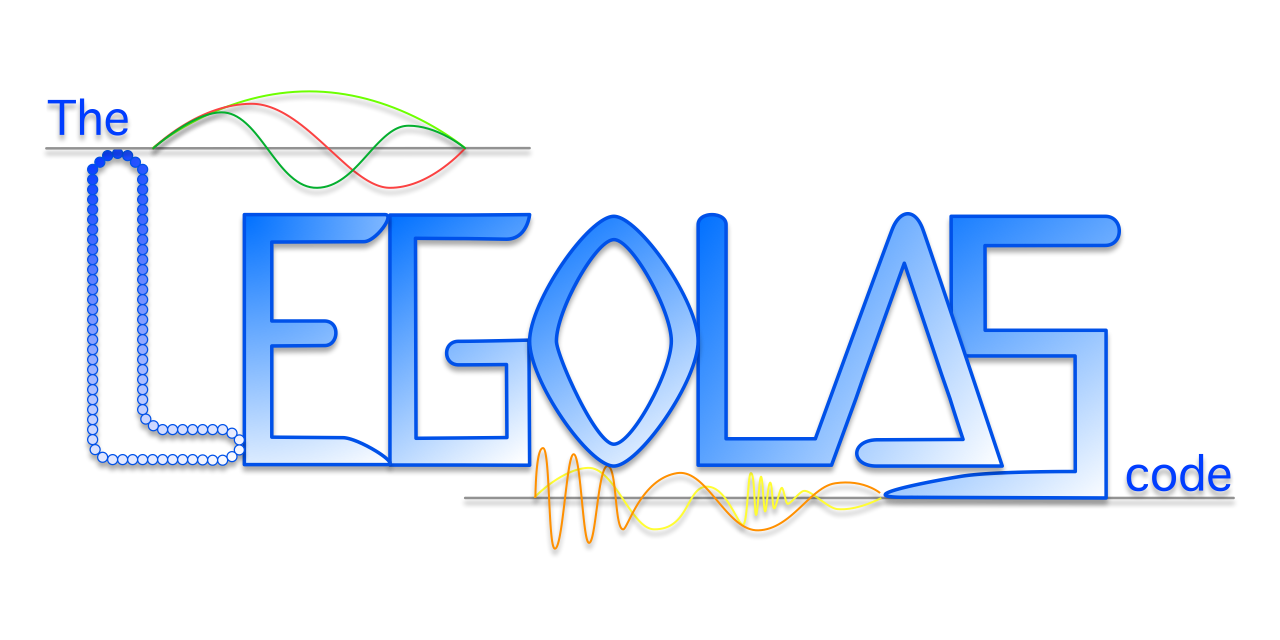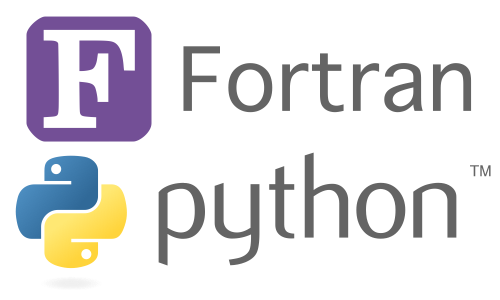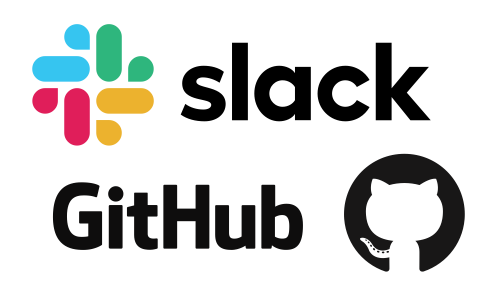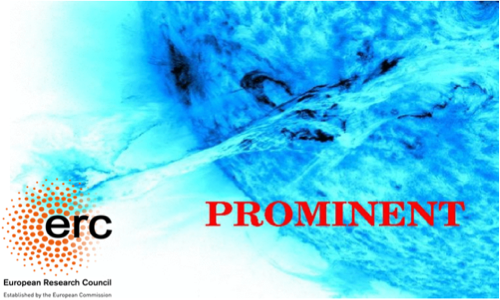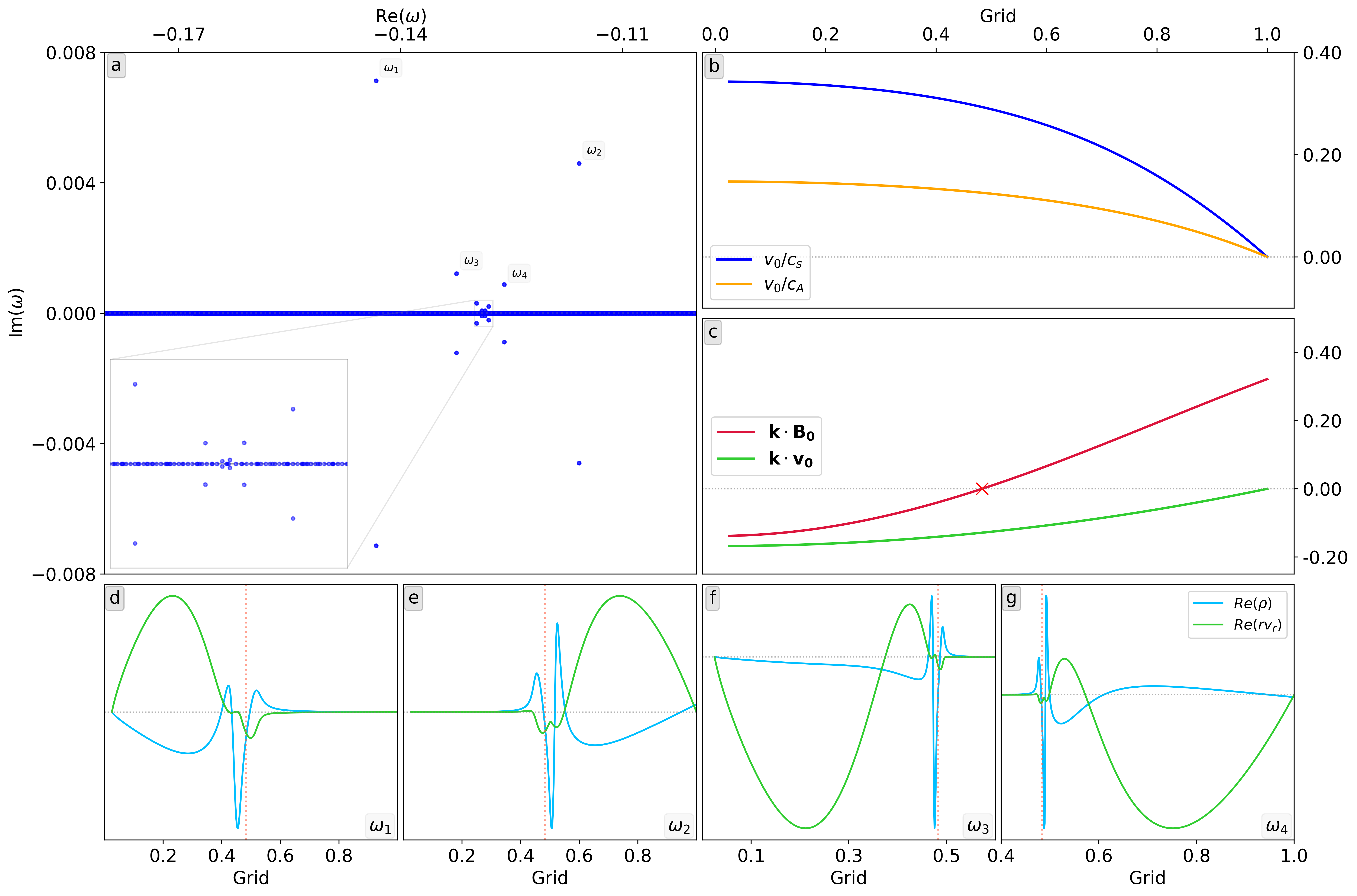Legolas, short for Large Eigensystem Generator for One-dimensional pLASmas, is a novel finite element code tailored to (M)HD spectroscopy of 3D Cartesian and cylindrical equilibria with nontrivial 1D variation. The code includes a myriad of physical effects, most of which are fully user-customisable.
Getting started
Legolas is written in object-oriented Fortran (2008 standard) with a complementary Python framework (Pylbo) used for post-processing, data analysis, interfacing and parallel running. Both source codes are extensively documented and we provide a detailed guide on how to get started with the code.
Contact
We are happy to answer any questions you may have in using Legolas and/or Pylbo. Feel free to open an issue in the GitHub repository or start a Discussion thread there. We also have a dedicated Slack workspace, which you can also use to ask questions or have a nice chat with the developers. Email addresses can be found on the About page.
Funding
Legolas was developed thanks to funding from the European Research Council (ERC) under the European Unions Horizon 2020 research and innovation programme, Grant agreement No. 833251 PROMINENT ERC-ADG 2018; from the VSC (Flemish Supercomputer Center), funded by the Research Foundation – Flanders (FWO) and the Flemish Government – department EWI; and from Internal Funds KU Leuven, project C14/19/089 TRACESpace.
What Legolas can do
Legolas can do a multitude of things, ranging from full spectrum calculations to eigenfunctions of specific modes, to full-on parametric studies of various equilibrium configurations in different geometries. You can take a look at all the various equilibria that are already implemented, or read more on our About section.
Using Legolas
Legolas is the result of months and months of development and testing. Since this takes a lot of effort and time, we kindly ask that the first published peer-reviewed paper from applying Legolas is done in co-authorship with at least one of the original authors. Additionally, if you use Legolas in a publication we kindly request that you cite the code paper.
